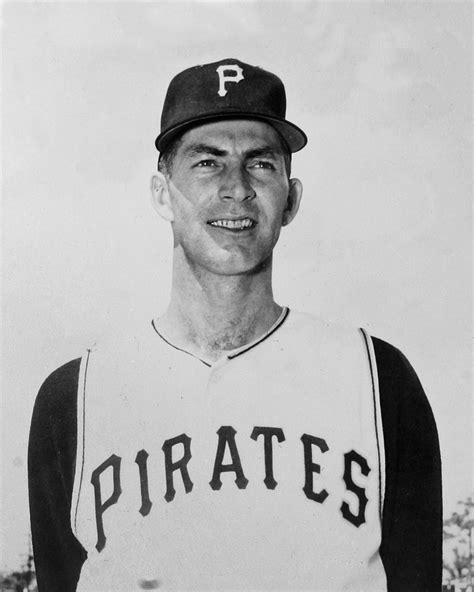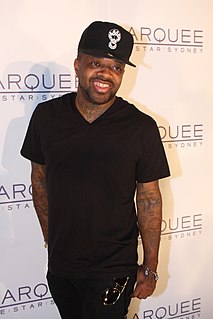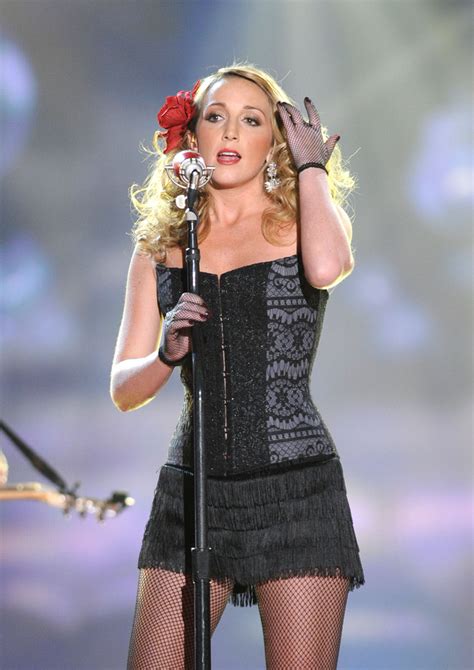A Quote by Gore Vidal
You hear all this whining going on, 'Where are our great writers?' The thing I might feel doleful about is: Where are the readers?
Related Quotes
When writers are self-conscious about themselves as writers they often keep a great distance from their characters, sounding as if they were writing encyclopedia entries instead of stories. Their hesitancy about physical and psychological intimacy can be a barrier to vital fiction. Conversely, a narration that makes readers hear the characters' heavy breathing and smell their emotional anguish diminishes distance. Readers feel so close to the characters that, for those magical moments, they become those characters.
I have a total responsibility to the reader. The reader has to trust me and never feel betrayed. There's a double standard between writers and readers. Readers can be unfaithful to writers anytime they like, but writers must never ever be unfaithful to the readers. And it's appropriate, because the writer is getting paid and the reader isn't.
Literature is the one place in any society where, within the secrecy of our own heads, we can hear voices talking about everythingin every possible way. The reason for ensuring that that privileged arena is preserved is not that writers want the absolute freedom to say and do whatever they please. It is that we, all of us, readers and writers and citizens and generals and goodmen, need that little, unimportant-looking room. We do not need to call it sacred, but we do need to remember that it is necessary.
The thing I'm going through is probably like the same thing that Little Richard and all these other artists go through, that I hear about them, saying, 'Oh damn, you ain't gonna give me nothing till I die,' ... I feel like I'm one of those type of great people that just going to have to wait till it's all over with for people to really sit around and talk about it.
When you're really bummed out, the last thing you want to hear is up-tempo and positive. And it lets you know that you're not alone, that somebody has hurt before. It works the same way with chick songs as it does with political songs. When you hear somebody singing about these things, you know that you're not alone, that somebody else is suspicious of what's going on around us in the world. So you don't feel like you're crazy, and you feel like you might be able to make a difference.
The plot is very important because writers have to play fair with their readers, but no one would care about the plot if the character work wasn't there. So, basically every book I work on starts with me thinking not just about the bad thing that's going to happen, but how that bad thing is going to ripple through the community, the family of the victim, and the lives of the investigators. I am keenly aware when I'm working that the crimes I am writing about have happened to real people. I take that very seriously.
We writers – and especially writers for children, but all writers – have an obligation to our readers: it's the obligation to write true things, especially important when we are creating tales of people who do not exist in places that never were – to understand that truth is not in what happens but what it tells us about who we are. Fiction is the lie that tells the truth, after all.
People are going to bash you. You get rejected. It's hard. I don't really feel like that's my place as the teacher. I think the most important thing is to figure out what they're trying to do and turn them onto writers who are doing similar stuff. I think that's something I can do more than anything else: get them to be big readers.





































